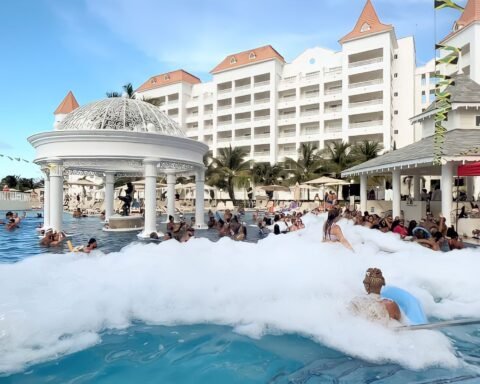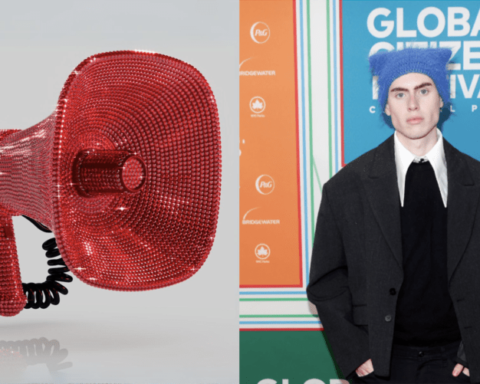Shinzo Abe, who used to be the prime minister of Japan, lost consciousness while giving a talk in the city of Nara in western Japan. From what people first said, he might have been hurt. Japan’s NHK WORLD News says that an NHK reporter who was there heard what sounded like a gunshot and saw Abe bleeding.
Shinzo Abe was taken to the hospital bleeding, according to Reuters, after passing out during a speech in the city of Nara in western Japan. On Friday, the official Japanese broadcaster NHK said that Abe was taken to the hospital by ambulance.
A gunshot-like sound was heard right now, and NHK says a man has been taken into custody as a suspect. Kyodo News said that the former prime minister was unconscious and seemed to be having a heart attack. Reuters says that the chief cabinet secretary will talk to the press at 4:00 GMT.
Shizo Abe has been Japan’s prime minister the longest.
Before he stepped down in 2020 because of his health, Abe had been prime minister for two terms, making him Japan’s longest-serving leader. Even so, he still has a lot of power in the ruling Liberal Democratic Party (LDP) and is in charge of one of its most important groups.
His protégé, Prime Minister Fumio Kishida, will run for the upper house election on Sunday. Observers say he is doing this to get out from under Abe’s shadow and establish himself as prime minister. Abe’s “Abenomics” policy was a bold mix of easing the money supply and spending money from the government. Also, after years of cuts, he raised the defence budget and made it easier for the military to use its power abroad.
In 2014, his government changed the pacifist constitution that was made after the war. This was the first time since World War II that forces could fight abroad. The next year, a law made it legal again to use the right to collective self-defense or to defend a friendly nation that was being attacked.
But by putting the Japanese military, which is called the Self-Defense Forces, under the pacifist Article 9, Abe did not achieve his long-term goal of changing the U.S.-written constitution. He really wanted to be in charge of the Olympics, which were moved back a year to 2021 because of the COVID-19 epidemic, and he was a big reason why Tokyo won the 2020 Games.
Abe became Japan’s prime minister in 2006. At the time, he was the youngest since World War II. After a year of political scandals, anger from voters over lost pension records, and a crushing election loss for his party, Abe resigned, citing poor health.
He was chosen again as prime minister in 2012. Abe comes from a strong political family. His father was foreign minister, and one of his great-uncles was prime minister.



















